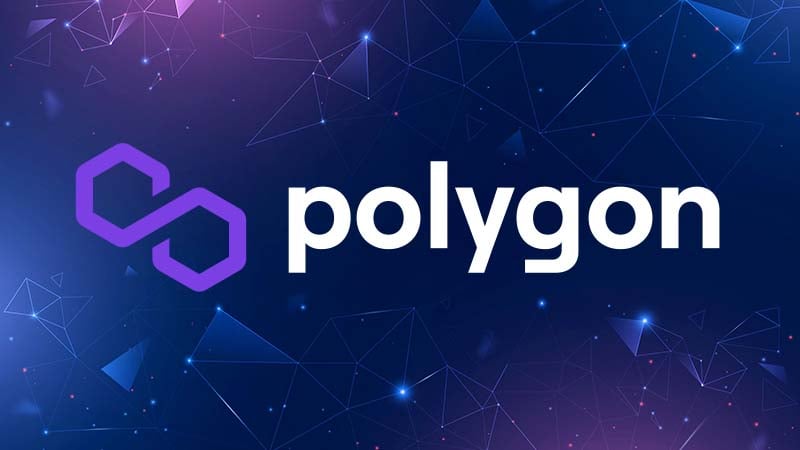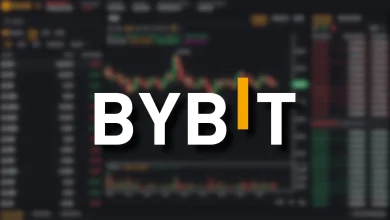India’s Economic Advisor Meets Polygon to Discuss Tokenisation and Sovereign Digital Assets


India’s economic advisor to Prime Minister Narendra Modi, Sanjeev Sanyal, recently met with senior representatives from Polygon Labs and fintech firm Anq Finance in New Delhi to explore the next phase of the country’s blockchain and digital‑asset strategy. The meeting focused on tokenisation frameworks, sovereign‑backed digital currencies and the integration of blockchain infrastructure into India’s broader financial architecture. As India rapidly expands its digital‑finance capabilities, the engagement highlights the government’s growing interest in aligning policy, technology and institutional collaboration to support long‑term innovation.
Exploring tokenisation and sovereign‑backed digital models
At the centre of the discussion was the concept of tokenising government‑backed financial instruments and issuing sovereign‑linked digital assets. Polygon and Anq Finance presented a model for a blockchain‑native instrument tentatively termed the Asset Reserve Certificate, or ARC, which would be collateralised by Indian government securities such as Treasury Bills and G‑Secs. The proposal aims to create a secure digital settlement unit with sovereign backing rather than relying on privately issued stablecoins.
Participants reviewed the potential benefits of tokenisation across India’s financial ecosystem, emphasising improvements in settlement speed, transparency, interoperability and market efficiency. The advisors also highlighted the need for resilience, regulatory oversight and alignment with the country’s existing financial‑market infrastructure. With India accelerating its adoption of digital‑public‑excellents platforms, the prospect of on‑chain tokenisation of real‑world assets marks a significant step in supporting the next phase of financial‑system modernisation.
Implications for India’s digital‑asset strategy and Web3 positioning
The meeting signals India’s intent to deepen its exploration of blockchain‑enabled financial infrastructure, going beyond pilot projects toward broader strategic planning. As the country studies central bank digital currency frameworks, enhances cross‑border payment infrastructure and expands digital identity and settlement platforms, collaborations with blockchain networks such as Polygon could play a key role in enabling secure and scalable tokenisation layers.
The dialogue also underscores shifting global dynamics as governments and regulators increasingly explore how tokenisation can reinforce economic resilience and unlock new forms of capital-market efficiency. For India, partnerships with globally recognised blockchain platforms may accelerate institutional readiness, support regulatory experimentation and attract investment into the country’s expanding Web3 ecosystem.
For Polygon Labs, the engagement strengthens its positioning as a critical infrastructure partner in one of the world’s largest emerging digital markets. As India evaluates how to integrate sovereign‑backed digital assets, tokenised instruments and on‑chain settlement systems into its existing financial‑market frameworks, continued collaboration between public‑sector institutions and technology providers will be essential.
Looking ahead, the outcomes of these discussions may shape policy decisions on digital‑asset deployments, tokenised government securities and interoperable blockchain architectures. The meeting represents a meaningful step in India’s long‑term strategy to bridge traditional finance with next‑generation digital infrastructure, potentially setting the stage for large‑scale implementation of tokenisation across the Indian economy.







